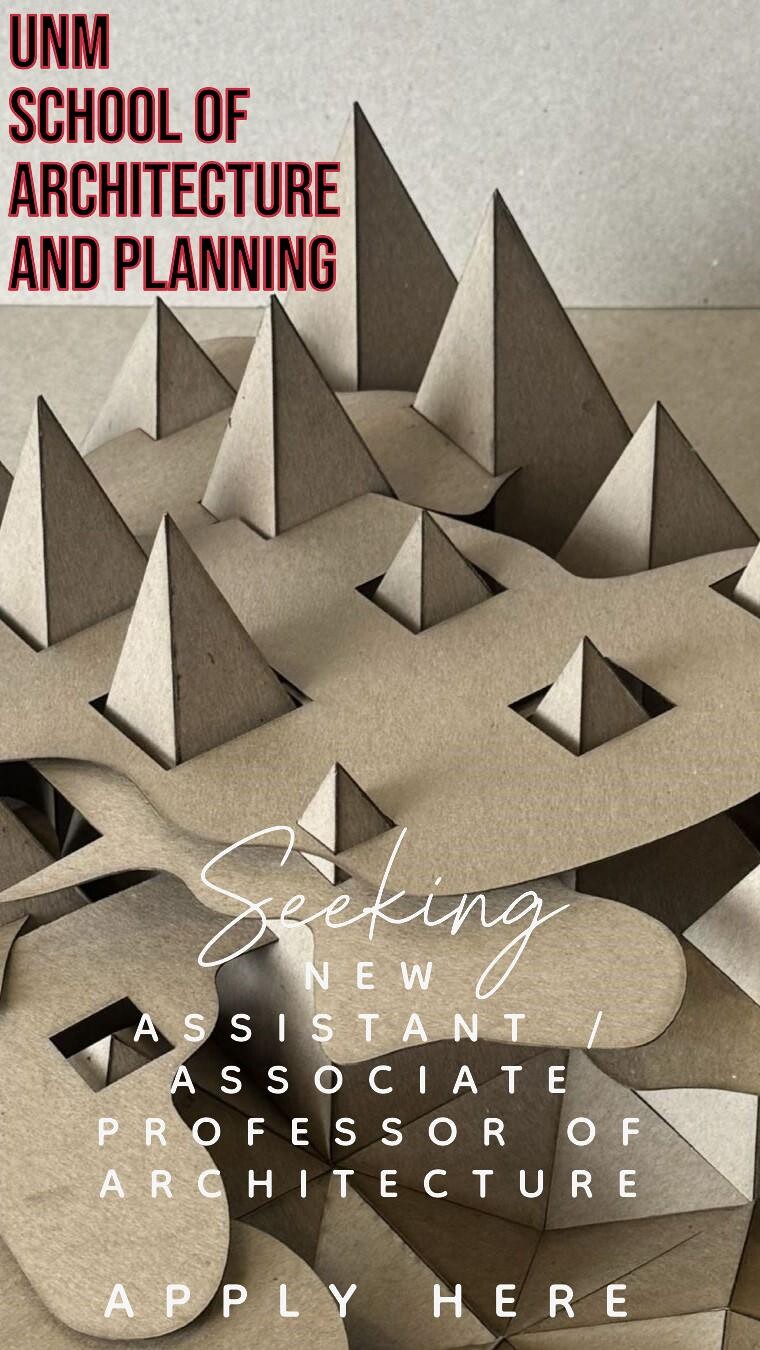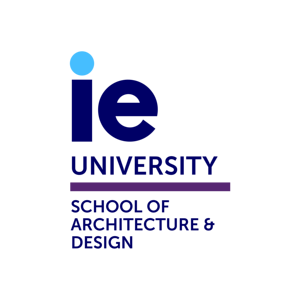Online or in person at IE Tower Madrid
Calle de Velázquez 130
28006 Madrid
Spain
Hours: Monday–Saturday 8am–9pm
ieschoolaandd@ie.edu
IE School of Architecture and Design welcomes Ben van Berkel, co-founder and principal architect of UNStudio, for the official launch of its new Master in Architecture.
Ben van Berkel is Thesis Chair for the School’s Master in Architecture “Habilitante,” a program intended for students looking to complete their professional architectural licensure requirements in Spain and the European Union, and to experience an international, innovative approach to the profession.
Architects are key players in addressing the urgent challenges we face today, as well as those that will emerge tomorrow. By combining experimental design practice with a focus on sustainability, new fabrication technologies, and design management, the Master in Architecture prepares future architects to transform the built environment and the architectural profession.
The Master of Architecture is open to all students who have graduated from an accredited Spanish university with the five-year non-license-granting undergraduate architectural studies degree (“fundamentos de arquitectura” or “estudios de arquitectura”).
Students who have graduated with a comparable degree from other countries and who can demonstrate a record of academic excellence may be eligible for the intensive “Professional Access Path” option, which will facilitate access to the Master in Architecture.
For further information about the Master in Architecture, download the brochure or register to attend the launch event.
To coincide with the official launch of the Master in Architecture, Ben van Berkel will present a talk exploring the importance of community building and placemaking and the role these play in making our lives healthier, sharing UNStudio research on how to design communities with little impact on our planet but lasting impact on our cities and the people that inhabit them.
Prior to the Covid-19 pandemic, facilitating the creation of communities was connected mainly to the workplace and the shared (living) economy, and as such was principally focused on co-creation, innovation, and productivity. However, recent events have highlighted the human need for connectedness on a broader scale. As an essential facet of human health and community building and placemaking have emerged as two essential themes in architecture and urban planning.
Ben van Berkel’s lecture forms part of the IE School of Architecture and Design’s ongoing “BEYOND SCALE” series. It will be moderated by Dean Martha Thorne, with an introduction by Associate Dean David Goodman.
Free, open to the public and accessible online, the “BEYOND SCALE” lecture series has recently featured talks with Alice Rawsthorne (Climate Emergency) and Keller Easterling (Yale University).
About Ben van Berkel
Ben van Berkel studied architecture at the Rietveld Academy in Amsterdam and the Architectural Association in London, receiving the AA Diploma with Honours in 1987. In 1988, with Caroline Bos, he founded UN Studio, an international network specializing in architecture, interior architecture, product design, urban development, and infrastructural projects. Well-known works by the firm include the Mercedes-Benz Museum in Stuttgart, Arnhem Central Station in the Netherlands, Raffles City mixed-use development in Hangzhou, the Canaletto Tower in London, and the Singapore University of Technology and Design, among others. Ben van Berkel has lectured and taught at many architectural schools around the world. He is a member of the Taskforce Team / Advisory Board Construction Industry for the Dutch Ministry of Economic Affairs. He is currently Thesis Chair of for IE School of Architecture and Design’s Master in Architecture.
About IE School of Architecture and Design
IE School of Architecture and Design is part of IE University, a private institution based in Spain with campuses in Madrid and Segovia. In an international and entrepreneurial environment, the School seeks to bridge the traditional gaps between academia and the professional world and to connect architecture and design with broader society. Its programs focus on pedagogical and technological innovation, project-based learning, and environmental responsibility.


